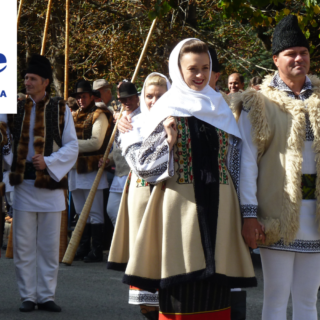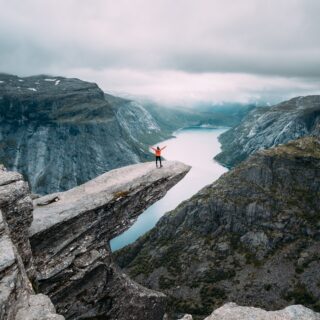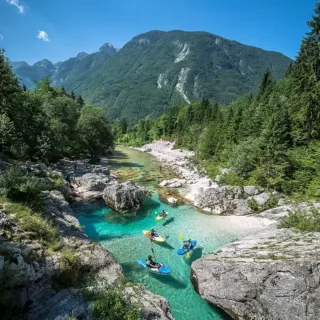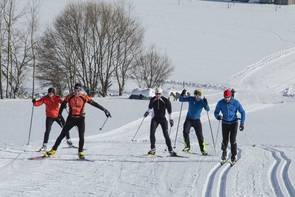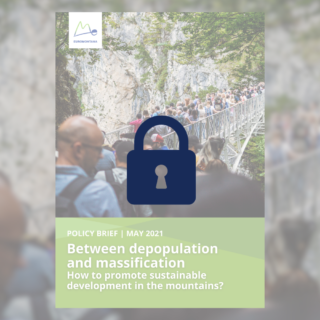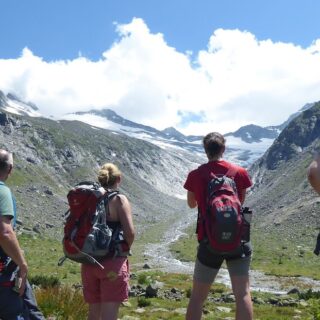Silver Tourism aims to support the development of tourism activities adapted to older adults by improving the capacity of tourism operators in rural and mountain areas.
Sustainable tourism
XI European Mountain Convention – Cultural heritage
The XI European Mountain Convention will focus on the tangible and intangible cultural heritage in mountain areas and on how this strategic resource, inherited from the past, can be a key asset for developing sustainable and attractive mountain areas in the future.
Promoting responsible recreation in popular natural sites: the Trolltunga experience
The ASCENT project has sought to implement solutions that respect local traditions and practices regarding tourism.
Sustainable tourism development models for mountain areas
In a context of social, economic and ecological transitions, mountain tourism is faced with multiple challenges. Euromontana is organising a webinar to explore and promote pathways towards more sustainable models. It will be the opportunity to discover inspiring initiatives, and to reflect on the specific challenges and opportunities faced by mountain areas.
El camino de los pilones: restoring cultural heritage to revitalise mountain areas
The province of Teruel has carried out actions to preserve an ancient cultural route and improve coordination between administrative bodies, with the aim of promoting this route as part of a single tourist offer.
Soča Evergreen: a year-round tourism strategy in the Soča Valley
The Soča Valley in Slovenia is a popular destination for outdoor tourism. However, the high seasonality of activities can have negative effects on the concentration of tourist flows, on sensitive natural areas and on the sustainability of jobs in the sector.
Climate change adaptation: Spessart’s all-year around tourism strategy
To cope with the effects of climate change, the area of Spessart which is covered both by the regions of Hesse and Bavaria, decided to develop a 4-seasons tourism model.
Between depopulation and massification: how to promote sustainable development?
This policy brief for Euromontana members examines policies that can help regions tackle depopulation while avoiding the effects of seasonal overtourism
Hiking routes to explore the impacts of climate change on mountains
In the cross-border region between Germany and Austria, the KlimaAlps project wants to encourage individual climate action and nature protection.
Latest news
- Rethinking rural prosperity: Euromontana contributes to new ESPON publication on “Thriving beyond numbers”
- Euromontana supports a new European manifesto for the governance of glaciers and connected resources
- The Autonomous Province of Trento joins Euromontana !
- New 2013–2023 study highlights the twin challenges of generational renewal and climate change in the Alps
- Third Forum with European pastoral schools: Shepherding Futures

